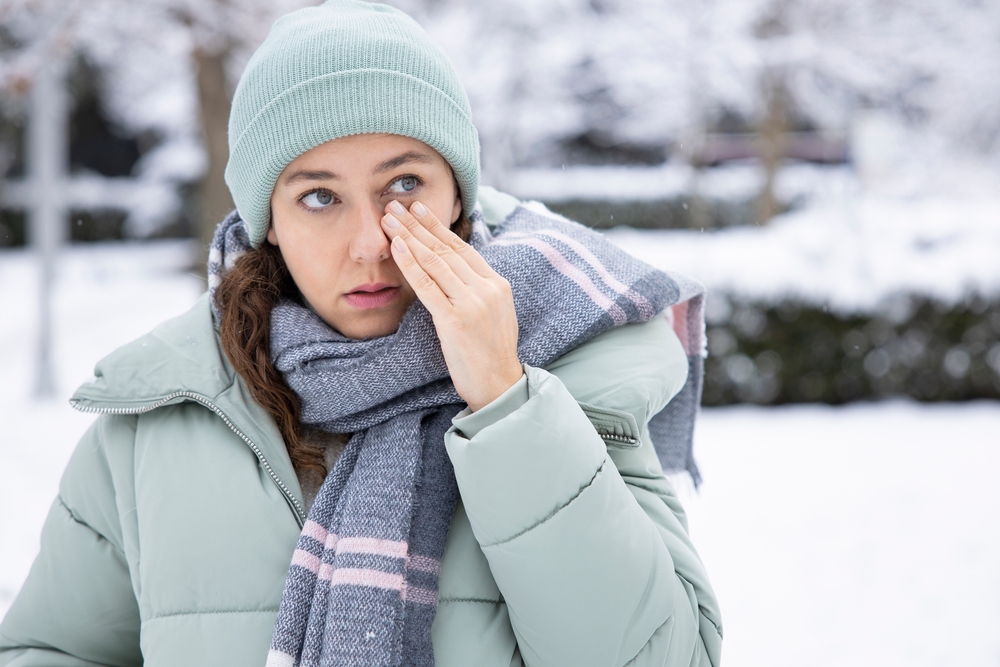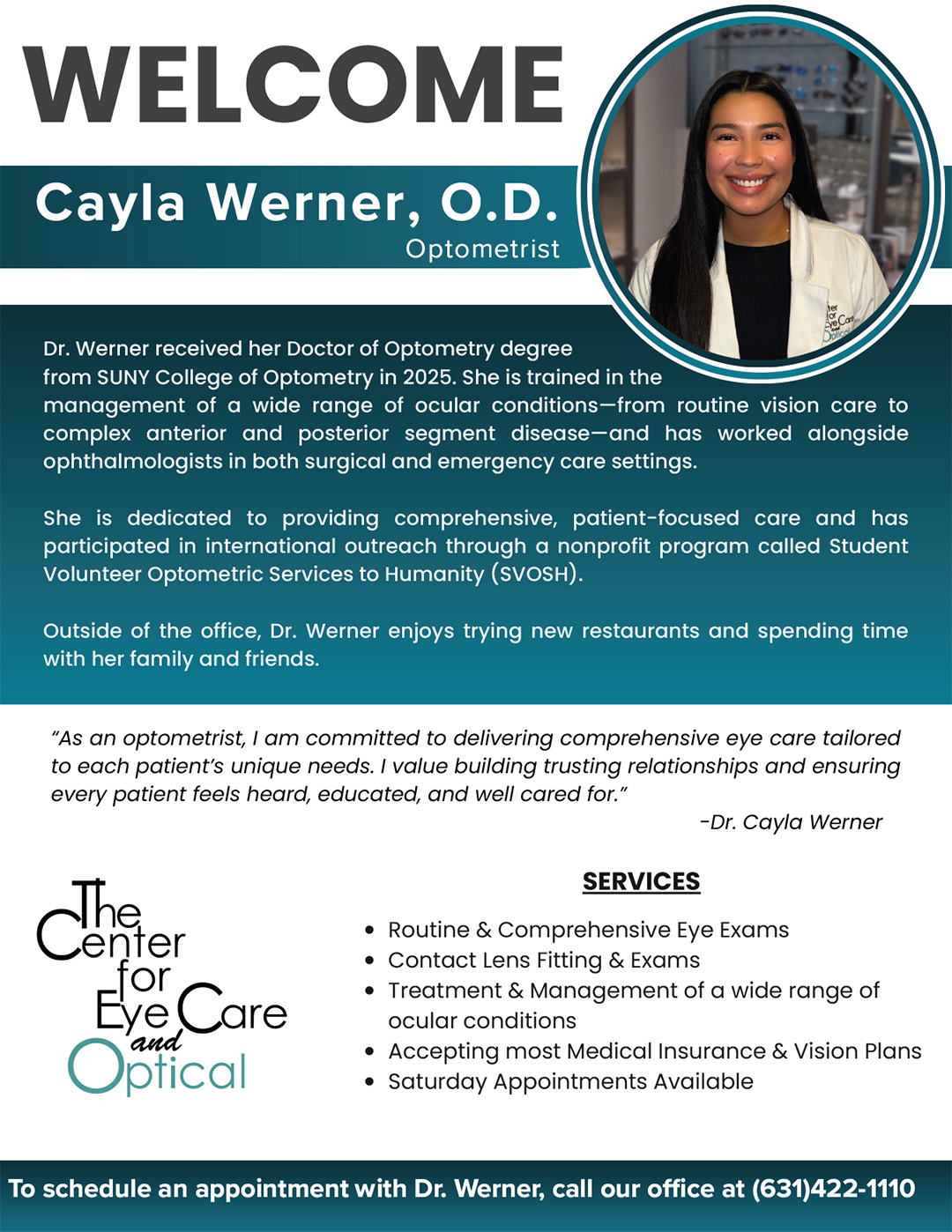
The winter season brings with it many changes, including a drop in temperatures, a reduction in moisture in the air, and harsh winds that can all contribute to dry eye syndrome. This condition can cause significant discomfort and even impact your vision if not addressed properly.
What Causes Winter Dry Eye?
Winter dry eye is a condition that occurs when the eyes do not produce enough tears to stay adequately lubricated. This can occur for many reasons, but it becomes especially prevalent during the winter months. The cold, dry air and harsh wind can cause the tears on the surface of your eyes to evaporate more quickly, leaving your eyes feeling dry and uncomfortable.
How to Recognize the Symptoms
Recognizing the symptoms of winter dry eye is the first step towards prevention. The most common symptoms include a burning or stinging sensation in your eyes, redness, a gritty feeling as if there's something in your eye, and sensitivity to light.
You may also find that your eyes get tired easily or that you have difficulty wearing contact lenses. In some cases, paradoxically, dry eyes can cause watery eyes as your body tries to compensate for the dryness by producing more tears.
Preventing Winter Dry Eye
Preventing winter dry eye starts with taking care of your overall eye health. Here are some expert tips to help you do just that:
Stay Hydrated: Make sure you're drinking enough water to keep your body and your eyes hydrated.
Use a Humidifier: Add moisture to the air in your home or office with a humidifier. This can help prevent your tears from evaporating too quickly.
Protect Your Eyes: Wear sunglasses or goggles when you're outside to protect your eyes from the wind and cold air.
Take Breaks: If you spend a lot of time looking at screens, take regular breaks to rest your eyes and reduce eye strain.
Use Artificial Tears: Over-the-counter artificial tears can provide temporary relief from dry eye symptoms.
Eat a Balanced Diet: Foods rich in Omega-3 fatty acids, like fish and flaxseeds, can help improve tear production and eye health.
Avoid Direct Heat: Try not to direct heating vents or space heaters towards your face, as the hot air can dry out your eyes.
Professional Help for Dry Eye
While these tips can help prevent and manage winter dry eye, it's important to seek professional help if your symptoms persist. An eye doctor can provide a thorough examination and recommend treatment options tailored to your specific needs. These may include prescription eye drops, punctal plugs, or other treatments. Regular check-ups and professional care are essential for maintaining optimal eye health.
Managing Dry Eye for Your Optimal Eye Health
Winter dry eye can be a significant discomfort, but with the right knowledge and care, it's entirely manageable. By understanding what causes this condition, recognizing the symptoms, and taking steps to prevent it, you can enjoy the winter season without the burden of dry eyes.
To learn more on how to prevent winter dry eye, or if you’re experiencing persistent dry eye symptoms, consult our professionals at The Center for Eye Care and Optical in our West Islip, New York, office. We offer quality, comprehensive eye care services for all your eye care needs. Call (631) 825-7725 to schedule an appointment today.











